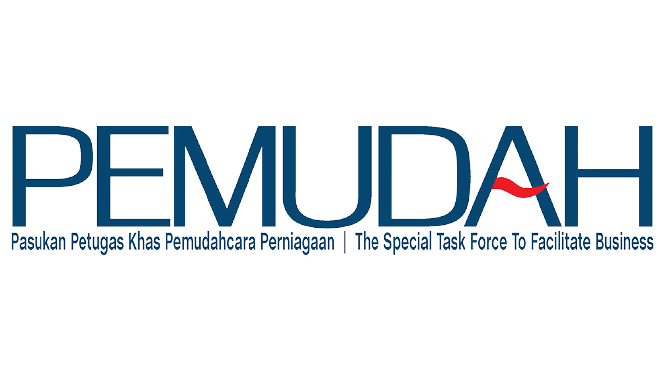
PEMUDAH
Public-Private Partnership in Business Regulation Reforms
About PEMUDAH
-
Pasukan Petugas Khas Pemudahcara Perniagaan (PEMUDAH), the Special Task Force to Facilitate Business, was established by the Federal Government of Malaysia on 7 February 2007 following its introduction in the Honourable Prime Minister’s annual speech made to the Civil Service on 11 January 2007.
The Chief Secretary to the Government was designated as the Chairman of PEMUDAH and the Co-Chair was held by a private sector business leader.
The public sector members of PEMUDAH are mainly the secretary generals and director generals of government ministries, agencies and departments and the private sector members are drawn from prominent industry and trade leaders and non-governmental organisation heads.
Collaboration between the public sector and the private sector through PEMUDAH has since been driving policy and regulatory reforms and improvements to enhance the public and private sector service delivery and the general business environment in Malaysia.
-
The initial scope of work of PEMUDAH was conceptualised from the methodology of the World Bank Group Doing Business Report which ranked economies worldwide on the ease of doing business.
PEMUDAH enhancement and improvement initiatives were pursued through Focus Groups, each co-chaired by a senior government official and a corporate leader with their memberships consisting of senior Civil Service administrators, professional practitioners and business community leaders.
The terms of reference of the Focus Groups were aligned with the ten business regulation indicators of the Doing Business Report. Malaysia’s performances scored on these indicators were benchmarked with the performance scores of the other economies. Malaysia was perennially ranked in the highest percentile grouping of economies in the report due to the many initiatives successfully undertaken.
The PEMUDAH Working Group on Efficiency Issues (WGEI) met monthly to consider policy and regulatory issues and assign them to the Focus Groups to be in-depth assessed by their working groups which put up recommendations. WGEI-sanctioned recommendations were escalated to the monthly PEMUDAH meetings for endorsement before their implementation subject to obtaining prior approvals, wherever applicable, from higher authorities.
The PEMUDAH organisational structure had undergone a change after its first decade milestone in 2017 when WGEI was discontinued and the work done by the Focus Groups was assumed over by Technical Working Groups still aligned with the business regulation indicators of the Doing Business Report.
The onset of the COVID-19 virus pandemic in Malaysia in March 2020 and the ensuing impositions of Movement Control Orders (MCOs) by the Government to control the spread of the virus had a huge adverse impact on businesses in those sectors of the economy deemed as non-essential. The unprecedented curtailment of goods and services production, distributive and retail trades and services compounded by supply chain breakdowns seriously challenged the very survivability of businesses.
PEMUDAH reacted swiftly to the crisis and instituted the PEMUDAH Private Sector Meeting in April 2020 specifically to address and help resolve issues bought about by the impact of the pandemic and the MCOs on economic sectors so as to assist businesses to tide over constraints related to workforce, supply chains, logistics, marketing, cash flows, workers’ vaccinations, etc. Solutions were recommended to the PEMUDAH meeting for endorsement and, where deemed necessary, for escalation to the Economic Action Council (EAC) chaired by the Honourable Prime Minister for further endorsement before being shared with the relevant government ministries, agencies and departments for implementation. Prior consultations with regulatory ministries, agencies and departments were inherent in the process of forming recommendations.
PEMUDAH is a partner in the MyMudah initiative launched by the Government in July 2020 to be operated in tandem with the online Unified Public Consultation (UPC) Portal to enable businesses to present, and have resolved, their concerns and on-the-ground difficulties over regulations hindering economic recovery and growth especially during the post-pandemic national economic recovery.
The cornerstone of PEMUDAH is the public and private sector collaboration which is being replicated such as the establishment of PEMUDAH Pahang in 2021. Outreach is being made to the business community at large primarily through the hosting of online topical webinars highlighting regulatory issues and encouraging discourses amongst stakeholders. Good Regulatory Practices (GRPs) are championed.
A major operational restructuring was finalised towards the end of 2021 for implementation in 2022. The work focus areas of the Technical Working Groups in terms of economic sectors will be re-aligned since the World Bank Group had ceased publishing the Doing Business Report and will also include key strategic national interest areas. This development serves to maintain the relevancy of PEMUDAH’s role in addressing and resolving the doing business-related current issues and challenges so as to enhance efficiency, productivity and competitiveness for a vibrant and prosperous business environment in Malaysia.
The stature of the PEMUDAH public and private sector collaborative taskforce is growing over the years and from strength to strength due to its pro-activeness and responsiveness to facilitate the doing of business in the various sectors of the economy by having government policies and regulations to be not more than what is necessary.
-
To enhance and strengthen the public and private sector delivery service in being globally benchmarked, proactive, responsive, business-friendly and results-oriented for greater efficiency, productivity, international competitiveness, sustainability and inclusiveness in the national economy which uphold the welfare of the people.
-
Promotes ease of doing business through Public-Private Partnership
Improve business regulations to enhance competitiveness
Proactively launch and pursuance of new improvement initiatives
Values of PEMUDAH
-

A Sense of Urgency
-

Proactive public- private sector collaboration
-

Facilitation, not hampering
-

No more regulation than necessary
-

Zero tolerance for corruption
Co-Chair of PEMUDAH
-

Dato' Sri Shamsul Azri Abu Bakar
Chief Secretary to the Government of Malaysia
-

YB Rafizi Ramli
Minister of Economy
-

Datuk Wira (Dr.) Hj. Ameer Ali Mydin
Advisor, Federation of Malaysian Business Associations (FMBA)
Members of PEMUDAH
-

Dato’ Sri Wan Ahmad Dahlan Haji Abdul Aziz
Director General
The Public Service Department
-

Datuk Johan Mahmood Merican
Chief Secretary of the Treasury
Ministry of Finance
-

Datuk Lokman Hakim Ali
Secretary General
Ministry of Agriculture and Food Security
-

Dato’ Suriani Dato’ Ahmad
Secretary General
Ministry of Entrepreneur Development and Cooperatives
-

Datuk Haji Ruji Haji Ubi
Secretary General
Ministry of Home Affairs
-

Datuk Wira M Noor Azman Taib
Secretary General
Ministry of Housing and Local Government
-
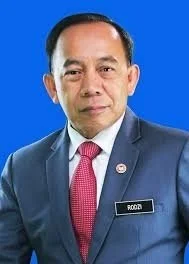
Datuk Haji Rodzi Md Saad
Director General
Malaysian Administrative Modernisation and Management Planning Unit
-

Dato’ Nor Azmie Diron
Director General
Economic Planning Unit
-

Dato’ Seri Mohd. Sayuthi Bakar
Secretary General
Ministry of Domestic Trade and Costs of Living
-

Datuk Mohamad Fauzi Md Isa
Secretary General
Ministry of Communications and Digital
-

Dato’ Hairil Yahri Yaacob
Secretary General
Ministry of Investment, Trade and Industry
-

Dato' Roslan Tan Sri Abdul Rahman
Secretary General
Ministry Of Tourism, Arts & Culture
-
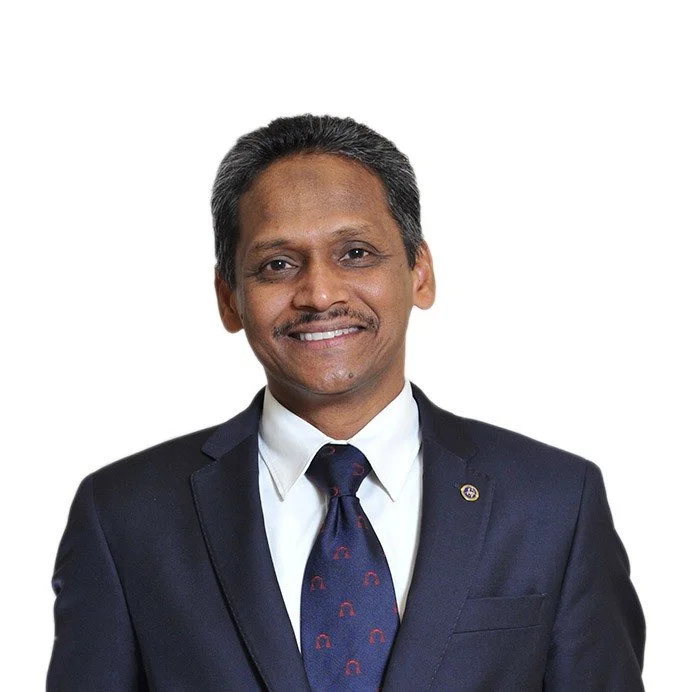
Datuk Shaik Abdul Rasheed Abdul Ghaffour
Gabenor
Central Bank of Malaysia
-

Datuk Muhammad Azmi Mohd Zain
Director General
Department of Director General of Lands & Mines Federal
-

Dato’ Arham Abdul Rahman
Chief Executive Officer
Malaysian Investment Development Authority
-

Hj Zahid Ismail
Director General
Malaysia Productivity Corporation (MPC)
-

Dato' Chua Tia Guan
Executive Director
Asia Business Centre
-
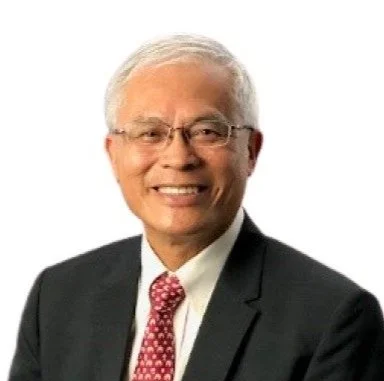
Dato' Seri Wong Siew Hai
President
Malaysia Semiconductor Industry Association
-
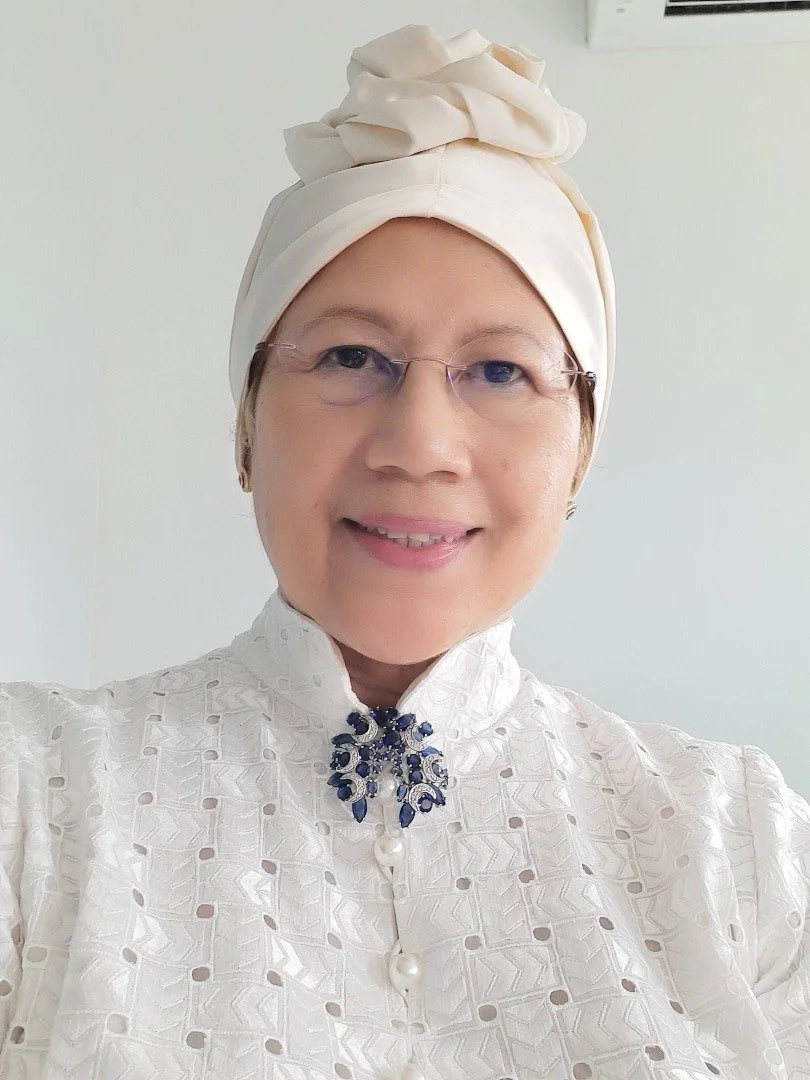
Prof. Emerita Tan Sri Dato’ Seri Dr. Sharifah Hapsah
President
National Council of Woman’s Organisation Malaysia (NCWO)
-

Datuk Dr Syed Hussain Syed Husman
President
Malaysian Employers Federation
-

Dr. Chris Daniel Wong
President
Malaysia Digital Chamber of Commerce
-

Mr. Ding Hong Sing
President
SME Association
-

Mr. Naguib Mohd Nor
President
Malaysia Aerospace Industry Association
-

Tan Sri Dato' Soh Thian Lai
President
The Federation of Malaysian Manufacturers
-

Tan Sri Dato‘ Low Kian Chuan
President
The Associated Chinese Chambers of Commerce and Industry of Malaysia (ACCCIM)
-

Mr. Nursyahrin Hamidon
President
Malay Chamber of Commerce Malaysia
-
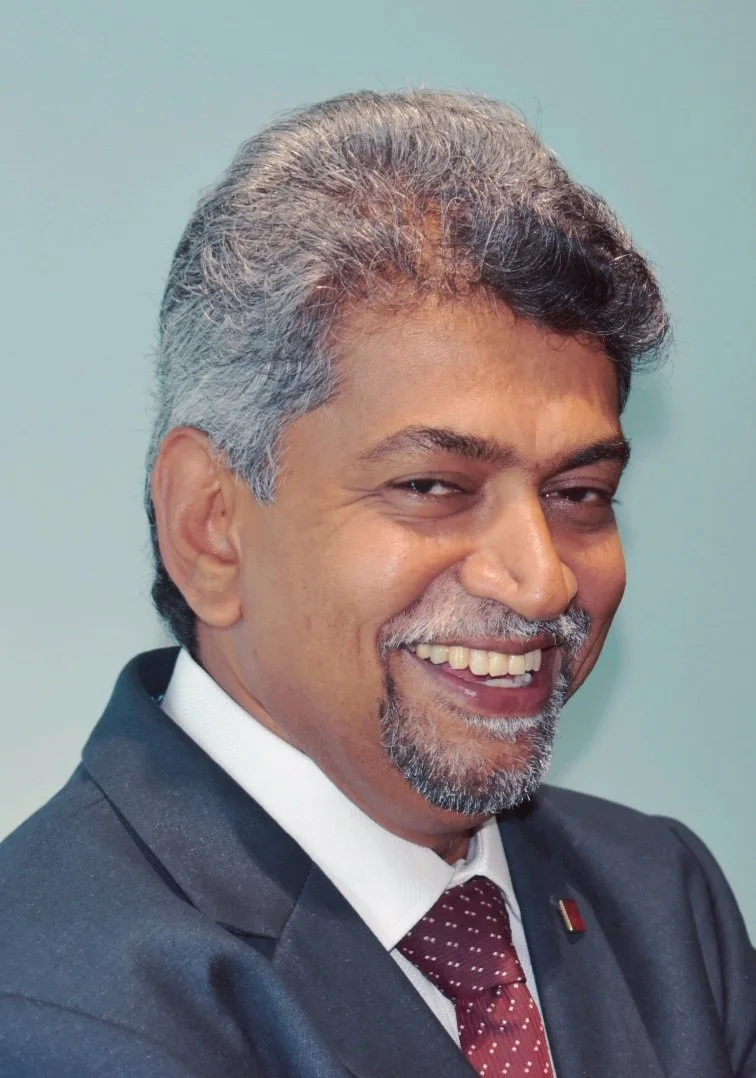
Datuk N. Gobalakrishnan
President,
Malaysian Associated Indian Chambers of Commerce and Industry
-

Ms. Siobhan Das
Chief Executive Officer (CEO),
American-Malaysia Chamber of Commerce
-

Ms. Christina Tee Kim Chin
Presiden,
Malaysian International Chambers Of Commerce & Industry
-

Datuk Ar. Ezumi Harzani Ismail
Member/Ex-President
Malaysian Institute of Architects
“Policies and institutions that have worked in the past may no longer be appropriate for the next stage of Malaysia’s development. Malaysia needs to reforms to remove distortions, encourage innovation, strengthen competition in markets, improve the investment climate, and facilitate deeper regional integration.”
— Publication on Aiming High by World Bank Group,
